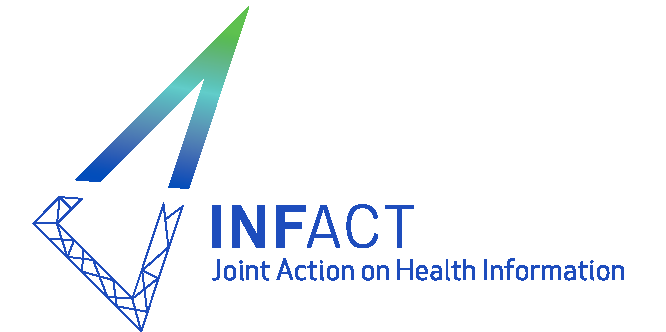Background
For almost a quarter of a century now, there have been discussions on the need for an improved EU health information (HI) system. Different HI programmes were organised in a vertical way and resulted in a fragmented and project-based EU HI system. The EU HI system lacks sustainability, coherence and comprehensiveness which leaves us without an EU-wide public health monitoring or health system performance analysis system that presents policy-oriented evidence and advice.The ad hoc project approach hampers research continuity with loss in knowledge, expertise, less robust data collection mechanisms, reduced, fragmented and disappearing research capacity and frail research networks as a consequence. Strong research needs permanent and efficient data collection.
Large differences are still found in terms of quality and, as a consequence, comparability of HI between and within Member States (MS). This makes it difficult to learn from each other and challenges the equity in health as poor HI and poor health tend to coincide. If a country or a group of countries have developed good practices, mechanisms are lacking to disseminate these into EU-wide actions.
These observations contrast the statements that policymaking and decision-making processes should be evidence-based and supported by adequate HI systems. The best scientific evidence derived from sound data and relevant research is a prerequisite not only for the development of relevant public health strategies and policies and the assurance of adequate health service but also for input for social and economic policies and developments.
For EU MS, strengthening the EU HI systems would
- Enhance coherence and sustainability;
- Allow data harmonisation, collection, processing and reporting;
- Allow for comparison and benchmarking;
- Increase knowledge sharing and capacity building;
- Strengthen the transferability of HI and evidence-based policymaking.

 |
This website is part of the project '801553 InfAct' which has received funding from the European Union’s Health Programme (2014-2020). Disclaimer - Privacy policy |
Version 10.0
